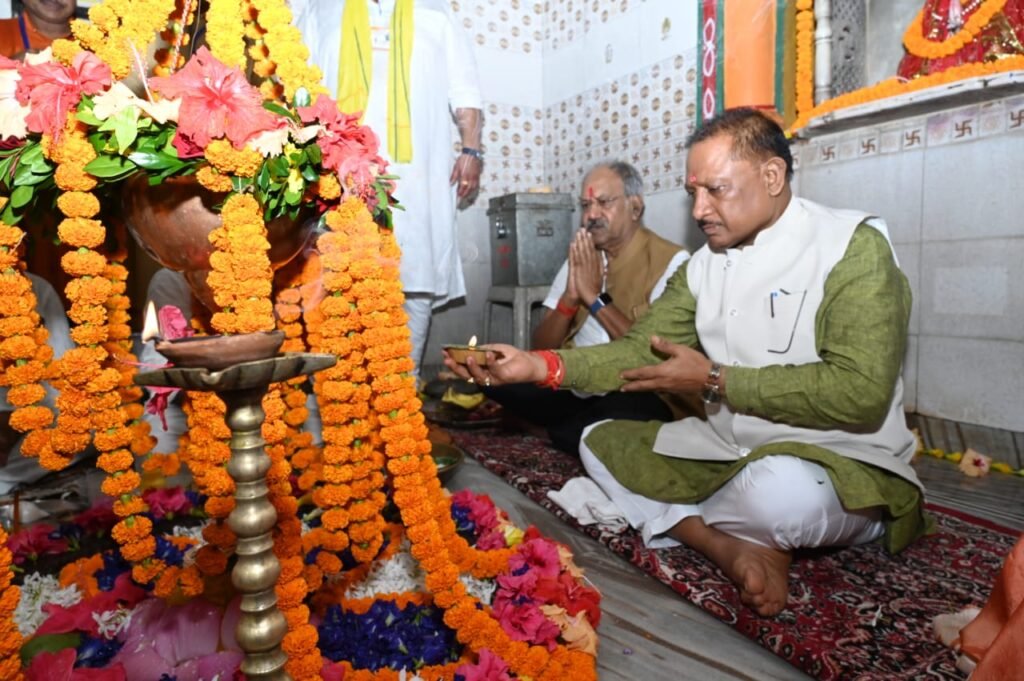Power struggle or policy stagnation? A Silent Crisis Grips Chhattisgarh
Raipur: Something appears to be seriously amiss in Chhattisgarh’s BJP government led by Chief Minister Vishnudeo Sai, a tribal leader who ascended to power after the party ousted the Congress in the assembly elections last December. Despite nine months in power, the new BJP government has failed to leave a noticeable imprint, raising concerns about its effectiveness and presence.
The Mahtari Vandan Yojana, a pre-poll promise providing Rs 1,000 a month to women, along with a couple of welfare schemes for the underprivileged, remains among the few tangible efforts on the ground. However, infrastructure development and other key initiatives seem to be lacking. Some attribute this stagnation to the distractions of the April Lok Sabha elections and the government’s focus on the upcoming civic polls.
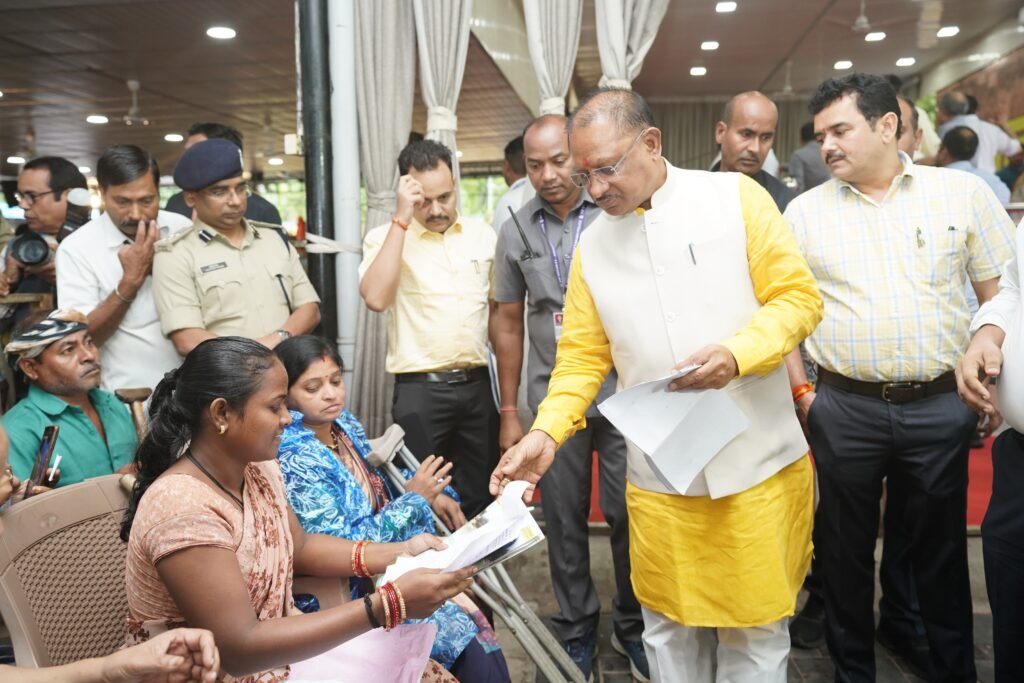
Behind the scenes, bureaucratic circles are abuzz with allegations of “pulls and pressures” in officer postings across various departments. Notably, the Chief Minister’s office remains without a senior officer in the principal secretary role, while the Chief Secretary and the Director General of Police (DGP) from the previous Congress regime continue in their positions. In a surprising move, the DGP even secured a six-month extension in service.
Whispers in the corridors of power suggest that many key positions, particularly in the Chief Minister’s secretariat, are occupied by officers from the 2005 IAS batch or later, a cohort that includes Finance Minister O.P. Choudhary, a former IAS officer who joined the BJP before the 2018 assembly elections. This situation reportedly contributes to the absence of senior IAS officers in top roles within the Chief Minister’s office.
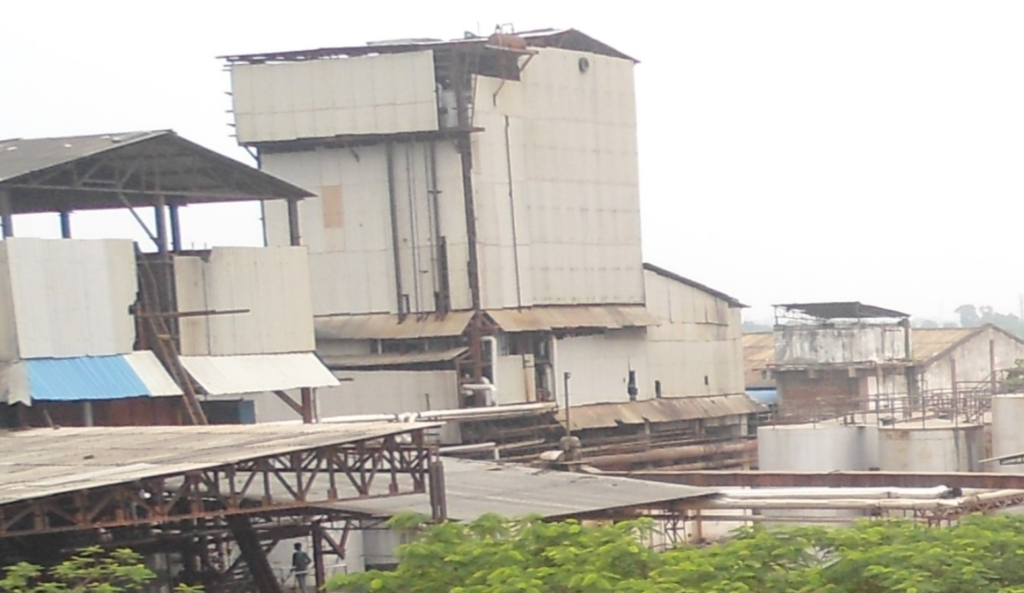
The business front also paints a grim picture during the first nine months of the BJP government. The previous Congress regime, under Bhupesh Baghel, had focused heavily on farmers, funnelling money into people’s pockets through various schemes. This focus came at the expense of the industrial and IT sectors, which suffered. Unfortunately, the current BJP government has yet to launch any visible initiatives to reverse this trend, leaving the business community in a continued state of uncertainty.
However, there is a silver lining on the Naxal front. Security forces have made significant strides in curbing Maoist activities in the Bastar region. Deputy Chief Minister Vijay Sharma, who oversees the home portfolio, is recognized for his proactive stance against the Maoist threat. The government has given security forces a free hand in anti-Maoist operations, leading to notable successes in the region.
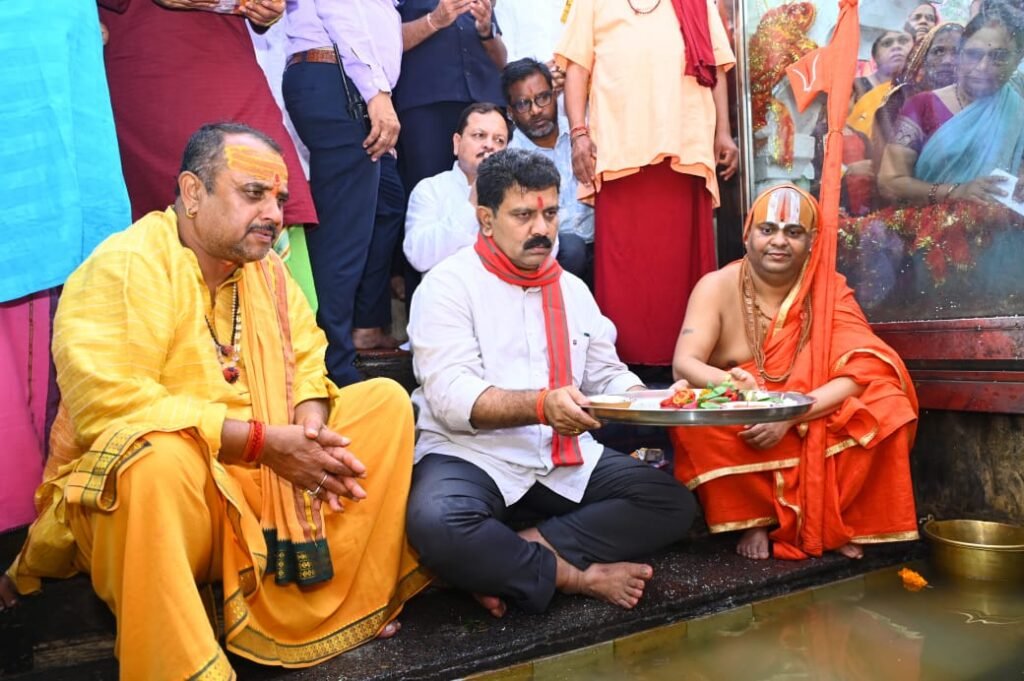
Politically, the situation is no less complex. On World Tribal Day, both Chief Minister Vishnudeo Sai and senior tribal minister Ram Vichar Netam were conspicuously absent from the celebrations, drawing sharp criticism from the opposition Congress. The BJP’s uncharacteristic silence in response to the controversy has only fueled speculation about the reasons behind the boycott by these prominent tribal leaders.
Adding to the growing unease, former BJP legislators and others express concerns that key bureaucrats, particularly IAS and IPS officers, have failed to generate positive momentum for the Sai government. Decision-making appears sluggish, and files are reportedly not moving as quickly as expected. Comparisons are being drawn with the previous 15-year BJP regime under Chief Minister Raman Singh, during which the efficiency of the bureaucratic machinery was viewed much more favourably.
The perception that officers in crucial positions can make or break a government’s image is gaining traction. Senior politicians, both within the ruling party and the opposition, are increasingly uncertain about who truly holds the reins of power in the state. Some suggest that multiple power centres are at play, leading to a lack of coordination.
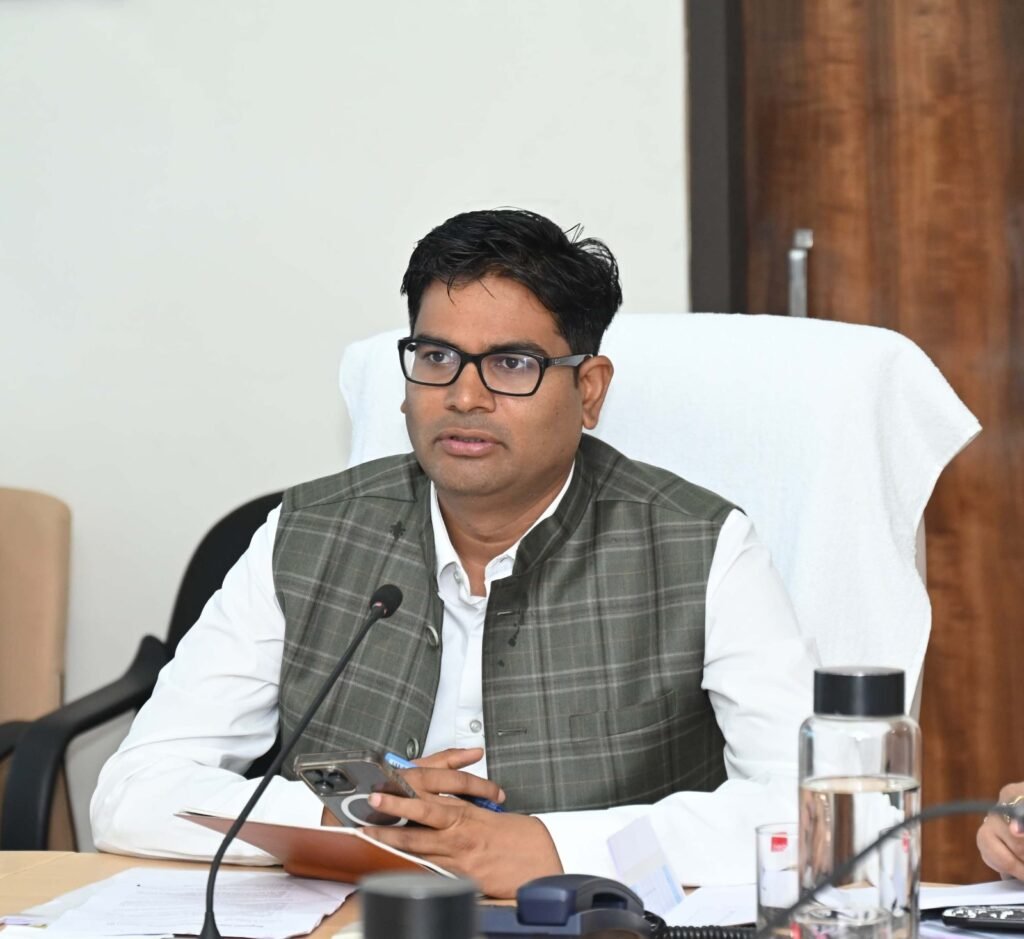
Further fueling speculation, a minister from the government has reportedly advised some businessmen and others in his constituency to “wait until January” when they approach him with requests. This cryptic message raises questions about whether he anticipates a more significant role in the future or simply needs more time to grasp the intricacies of governance.
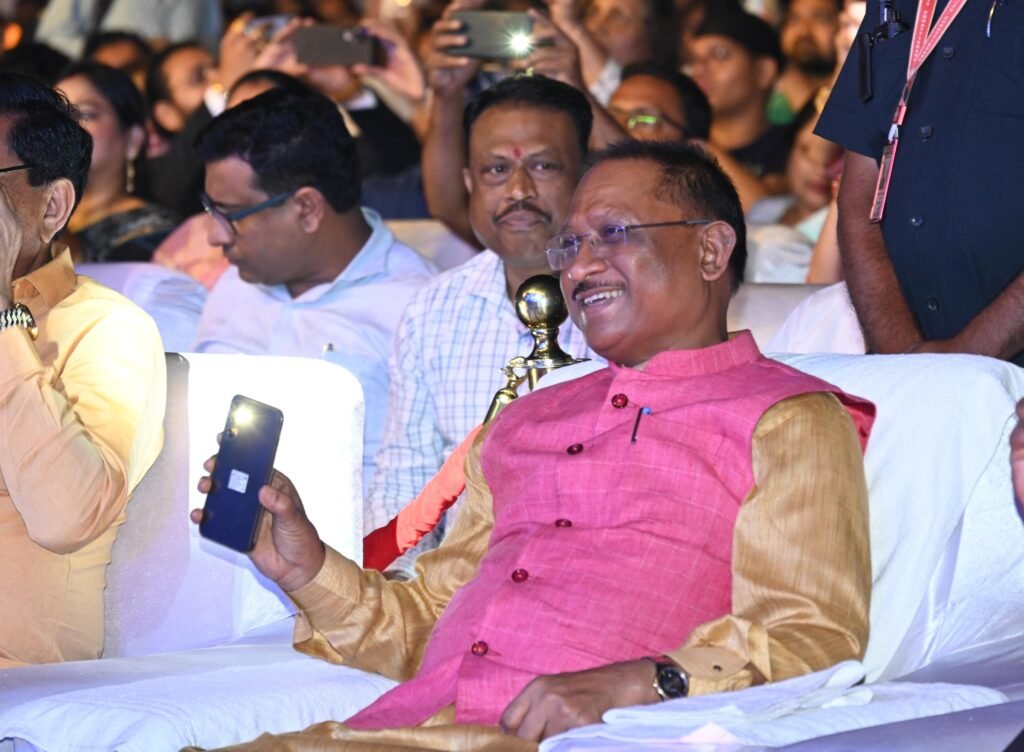
As the BJP government navigates these turbulent waters, the questions surrounding its internal dynamics and ability to deliver on promises remain unanswered, leaving both the public and political observers waiting for clarity.
